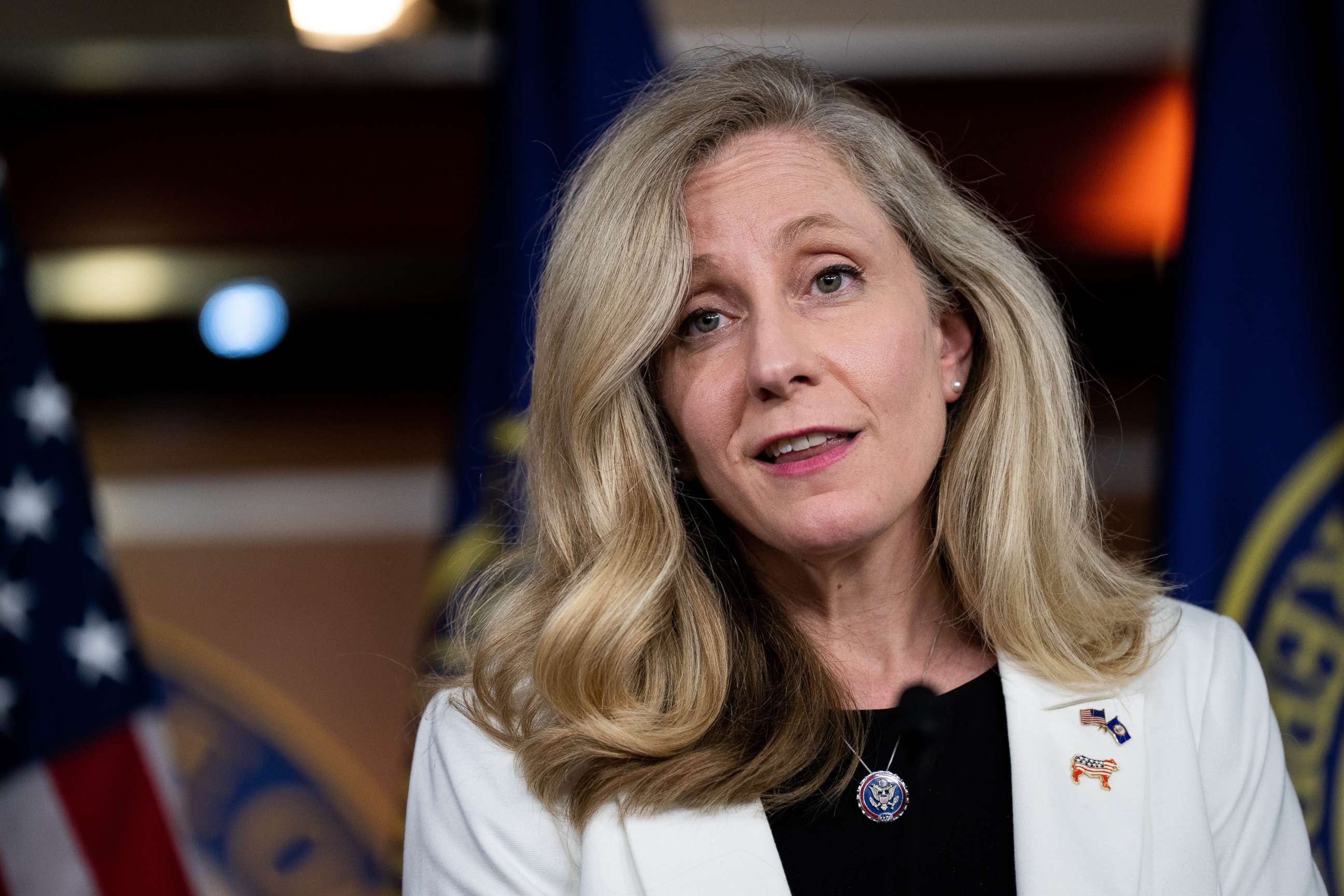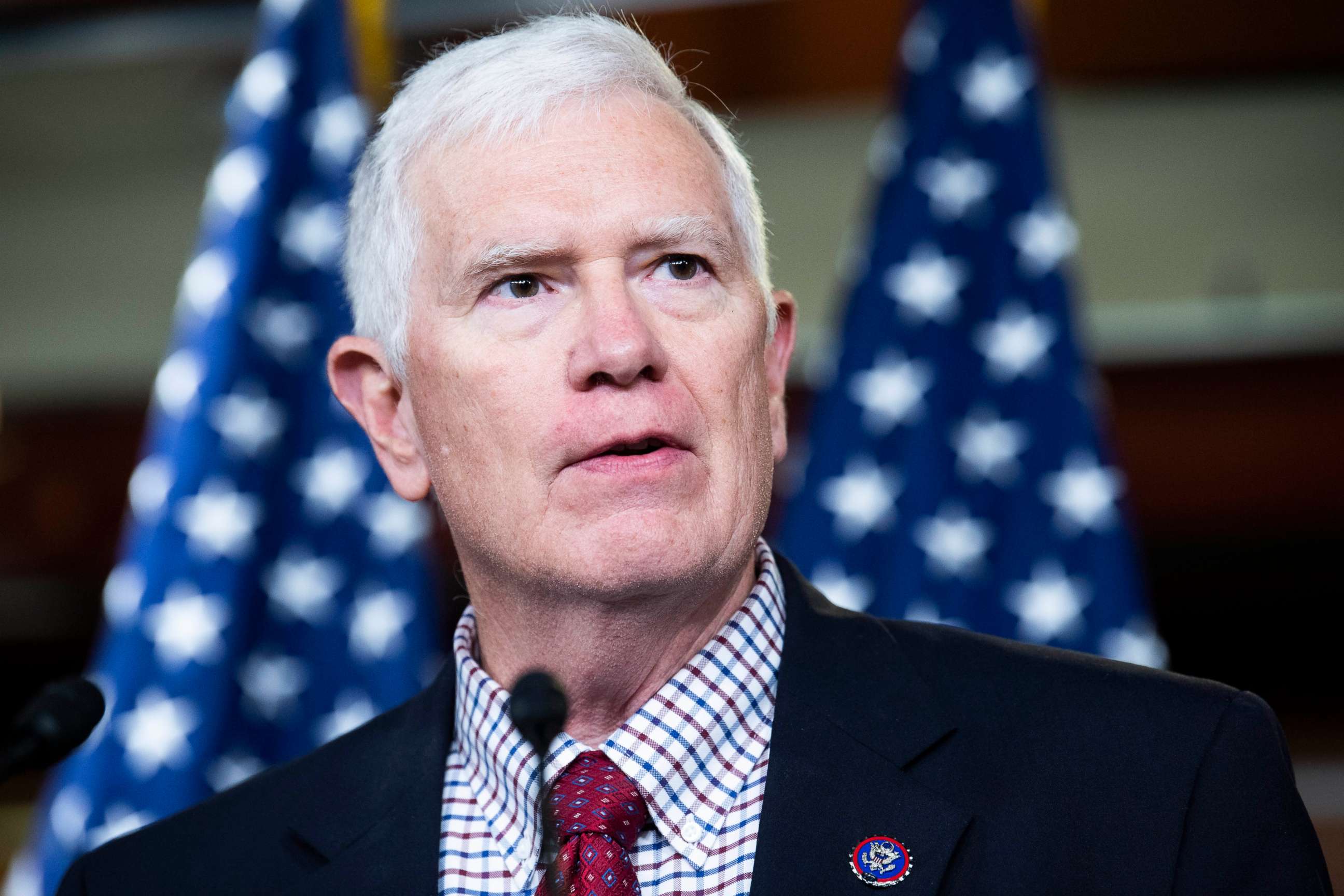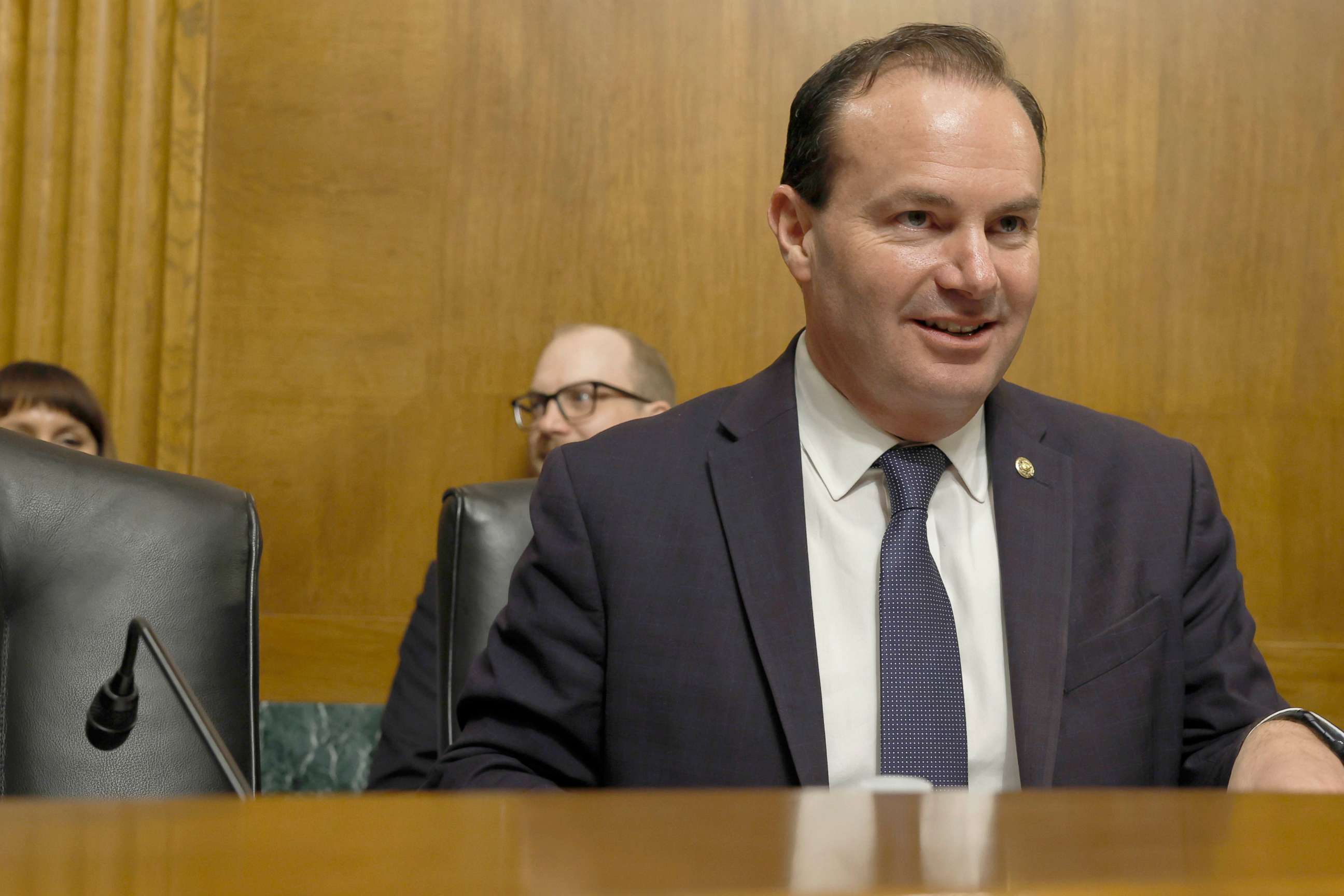Trump doesn't always win, but Trumpism endures -- and more takeaways from Tuesday's primaries
Trump's backing isn't always key, but supporting the "big lie" can be a boost.
Another week of primaries, another variation of the question that has come to define the 2022 midterms, at least for Republicans: How much pull does falsely denying the legitimacy of the last presidential election -- and, for that matter, supporting former President Donald Trump's other conspiracies -- have with GOP voters?
For Tuesday's elections in Alabama, Georgia and Virginia, voters answered this way: While Trump's endorsement may hold little water in some races, supporting his "big lie" certainly isn't a turn off and, in fact, may make a contender stronger.
Here are a few key takeaways from the latest primary and runoff elections:

Brooks is no comeback kid
Alabama Rep. Mo Brooks failed in his attempts to re-earn Trump's endorsement after Trump un-endorsed him before the first round of primary voting in favor of Katie Britt.
Britt, a former staffer to the retiring Alabama Sen. Richard Shelby, won Tuesday's Republican Senate primary runoff and became the heir to her former boss' ruby red seat. (She'll face Democrat Will Boyd in the general.)
How did Brooks lose Trump's favor in this runoff election? By refusing to interfere in the 2020 presidential election, for one. In a previous interview with ABC News, Brooks said Trump urged him to "rescind" the 2020 results and "remove" the victorious Joe Biden from office -- something politically untoward to the mainstream, not to mention legally impossible.
Brooks refused, losing Trump's favor and, perhaps consequently, his job.
In Georgia, Trumpism wins even while he loses
A Trump-endorsed candidate's loss in Georgia means little when a wide-armed embrace of the "Make America Great Again" movement, and all the election-denying baggage that comes with that, perseveres on the ballot. Such is the case with the victory of Mike Collins in the Republican primary runoff for Georgia's 10th District.
Collins, who once said he would stand up to "liberal left-wing wackos, RINOS, elites -- and even the Republican establishment" in Washington, bested his Trump-backed challenger, Vernon Jones, who spoke at a "Justice for J6" rally last September and had said he would make "a great teammate" to the polarizing Georgia Rep. Marjorie Taylor Greene.

A similar dynamic played out in Georgia's 6th District GOP runoff, where the Trump-favored choice lost even as Trump's style was taken up by other candidates. There, physician Rich McCormick beat Jake Evans. FiveThirtyEight reports that McCormick has denied the legitimacy of the 2020 presidential election and has yet to concede his own 2020 race for the House, claiming, with little evidence, that he was the victim of voter fraud.

All of this happens amid high-stakes hearings on Capitol Hill that have homed in on Georgia. The state's secretary of state, Brad Raffensperger, on Tuesday testified before the House Jan. 6 committee in Washington to detail the extreme pressure Trump applied after the 2020 race to try to get Raffensperger to interfere and prevent his defeat.
Raffensperger refused -- and, despite drawing Trump's ire, won his most recent primary; likewise other statewide offices have recently split from Trump, including Georgia's two Senate seats, which narrowly flipped Democratic.
A 'highly competitive' race takes shape
Virginia's 7th District could well be one of the most watched of the midterm cycle. There, in a seat FiveThirtyEight had ranked as one of 11 "highly competitive" districts, Prince William Board supervisor and former Latinos for Youngkin chair Yesli Vega earned the Republican nod to face Democratic incumbent Abigail Spanberger -- and, the GOP hopes, flip back the seat Spanberger, a moderate, flipped in 2018.
To say Spanberger's district is "swingy" would be an understatement: Voters in the suburban area voted for now-Gov. Glenn Youngkin by 11 points over Democrat Terry McAuliffe last year. Republicans need to win just five additional House seats in November to flip the balance of power.
Vega is backed by some of the most conservative-of-conservatives, like Ken Cuccinelli, an election conspiracy supporter and Trump's former acting deputy secretary of Homeland Security.
Vega is also endorsed by potential 2024 candidate Texas Sen. Ted Cruz and Ginni Thomas, the wife of Supreme Court Justice Clarence Thomas, who has become embroiled in controversy over revelations about how she supported efforts to stop Biden from taking office.
Other Virginia candidates have spoken aggressively in support of the baseless election conspiracies -- though to mixed success. In the state's 2nd District Republican primary, far-right football coach Jarome Bell was unable to overcome state Sen. Jen Kiggans, who boasted support of high-profile party names like former Secretary of State Mike Pompeo and the Republican conference chair, Rep. Elise Stefanik.
Bell has tripled-down on his views about election fraud. On a podcast with Steve Bannon, he said those involved should be tried for sedition and sentenced to death. He was still able to curry 27% of the vote on Tuesday night.




